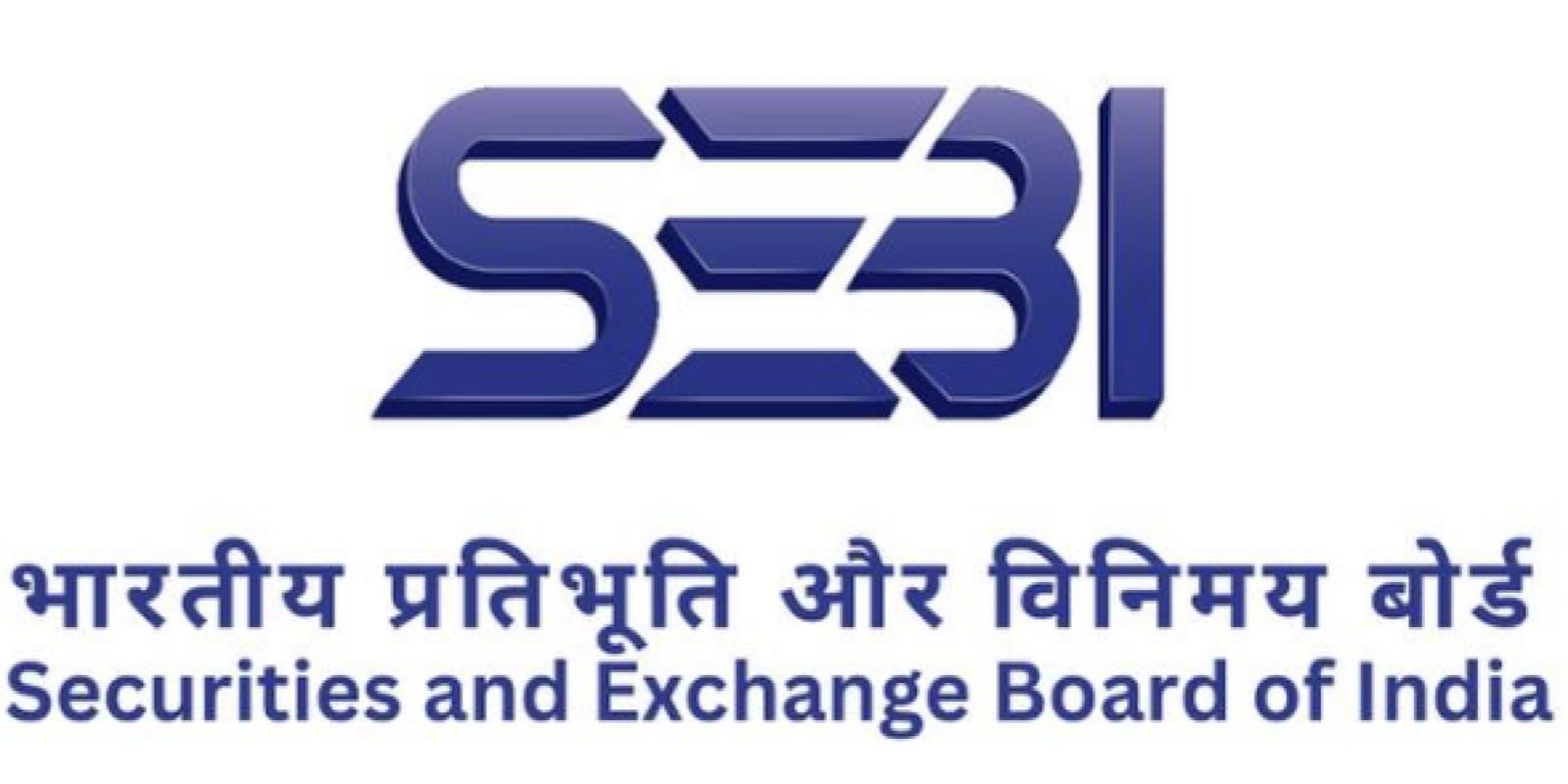
Market regulator SEBI has notified that there will be changes in regulations regarding AIFs (Alternative Investment Funds). The new mandate requires that investors get the right to proceeds and their distribution pro rata. SEBI spent the past year updating and revising the regulations that govern AIFs, and it has continued that work this year, ascertaining the regulator’s commitment to cater to the ever-changing markets.
As per the mandate, the proportion of proceeds that investors get should be equivalent to their commitments in the AIF schemes. These rights govern the distribution of proceeds and try to weigh them out as equally as possible against the investments. They have been instated to protect investors against unfair treatment and practices.
AIFs are niche investment opportunities for high-risk investors. They are typically deployed in the form of tranches, which are based on the investments. That means investors don’t get to take out their investments in one shot.
How the new rule impacts foreign investments in AIFs?
According to SEBI’s new rule, foreign investors must contribute 25% or more to the corpus when onboarding. AIFs should ensure that investors are not persons in the Sanctions List notified by the UN Security Council. Furthermore, they must also not belong to countries identified as having deficiencies in strategic anti-money laundering or combating the practice of financing terrorism, as per the Financial Action Task Force.
The Task Force also recommends that these countries are making enough progress in addressing these deficiencies through robust action plans developed by the Financial Action Task Force as measures to counteract the deficiencies. Investors from countries that fail to meet these requirements, or those that have not committed to working on developing and working on the action plan, as recommended by the Task Force, may be deemed unfit to get onboard, as per Paragraph 4.1.2 of SEBI’s Master Circular of July 31, 2023.
What the NDA Says About the New Rule Regarding Foreign Investments?
According to the amendments made by the finance ministry to the PML rules in 2023, there are two thresholds for determining beneficial ownership. The beneficial owners of companies get only 10% of the shares, profits, or capital, as opposed to the standing 15%. Also, the numbers have been reduced to 10% from 15% in the case of partnership firms and trusts.
These amendments are per the prevailing rules and regulations and can help streamline the processes and efforts to enhance compliance mechanisms, thereby vouching for better transparency in AIFs.
Guidelines for Dematerialization of Investments and Appointment of Custodians
SEBI also issued another circular, following the one that notified of the amendments, setting the rules related to dematerialization and the appointment of custodians. For dematerialization of the investments, the circular suggests the following.
- Investors can hold their investments on or after October 1, 2024, only in dematerialized form.
- Those investors who made their investments before October 1, 2024, cannot hold them in the dematerialized form. However, exceptions to this rule suggest otherwise, especially if the company governing the AIF requires, as per the law, to allow its securities to be dematerialized or has and can exercise the power to dematerialize the AIFs on or before January 31, 2025.
- Also, as per the circular, schemes that expire on or before January 31, 2025, or those with an extension cannot be dematerialized.
- The circular also suggests appointing custodians to the schemes before the first investment.
- According to SEBI’s circular, existing schemes that belong to the first and second category AIFs have a corpus of Rs. 500 crores or less, and at least one investor should be appointed a custodian on or before January 31, 2025.
- If the custodians are associates of the scheme manager or a sponsor, they must comply with Regulation 20(11A) under AIF on or before January 31, 2025.
What the NDA Says About These Guidelines?
SEBI’s circular focuses on dematerializing AIFs, which reflects the market regulator’s efforts to make the processes related to these schemes and investments more transparent and efficient. So, mandating the dematerialization of AIFs has helped SEBI standardize and streamline various processes about ownership tracking and holdings transfers and has also allowed the regulator to mitigate risks, particularly those related to operations, and improve governance.
Takeaways
Several schemes in the AIF segment will be approaching their expiries in 2025 and 2026, making SEBI’s liquidation mandates more prominent. Now, there is an option to report unliquidated assets. The mandate also scrutinizes AIFs looking to extend tenures without plans to liquidate funds. The AIFs markets have built up a lot of foam, and SEBI has taken it up to clean up all the fluff. So, there’s no doubt that these new regulations will have consequences for investors and founders, not to mention eroding of value, and may even cause conflicts between them.
SEBI
Securities and Exchange Board of India
